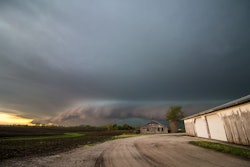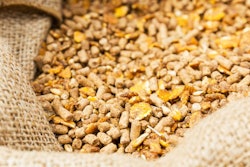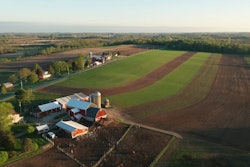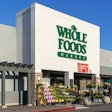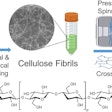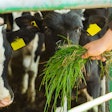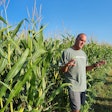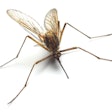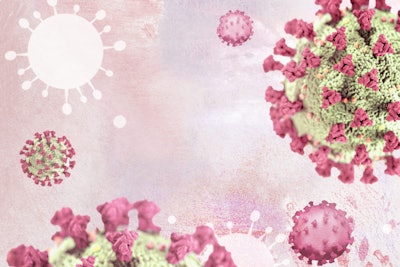
Marking the one-year anniversary of the COVID-19 pandemic with lessons learned from the past, optimism for the future
As we mark the one-year anniversary of the COVID-19 pandemic, there is a lot of reflection on the past, but also a feeling of optimism about the future.
Vaccines are being distributed in much of the world and infection rates continue to fall in many regions. The past year has brought about a lot of change and loss, but we’ve also learned a lot about adaptability, resilience, persistence and patience.
I recently interviewed several people from various sectors of the agrifood industry in different parts of the world about what they learned about their business during this pandemic year and how they survived and changed.
Everyone I spoke with praised their staff or team members for their ability to adapt to new circumstances and maintain close working relationships while keeping physical distance.
Alltech President and CEO Mark Lyons said “commitment, connectivity and culture have been three essential elements to success for us in this past year.”
Nutreco CEO Rob Koremans was candid about the fact that the company “has had a large number of people getting ill (from) the virus and even a small number of employees passed away.” While he said the company has done all it can do to keep employees safe, he expressed regret in not being able to fully shield all employees from the effects of the virus.
Workers everywhere have had to pivot to working from home in many cases, plus parenting full time, helping kids with school work and other added challenges and pressures. Lyons and Koremans said they recognized the need to provide employees with flexibility, support and empathy to help them deal with it all and still remain engaged in their work.
Meat and poultry producers had a different set of challenges as processing plants were shut down or capacity slowed. The foodservice and hospitality industries were upended, throwing a wrench in the supply and demand balance we were all accustomed to. This, too, affected demand for animal feed, while safety measures kept nutrition advisers away from physical farm visits.
But, as Caroline Vogelzang, director of investor relations at ForFarmers, pointed out, the livestock industry is accustomed to animal disease outbreaks and therefore uniquely prepared to collaborate, adapt and scale up or down as needed.
“We are used to being flexible, decisive and immediately taking action,” she said.
Pork producers altered pig diets to slow their growth, but the industry still saw devastating effects from the pandemic, from the need to euthanize animals to the financial losses that resulted – not to mention the emotional effects on the farmers themselves.
Meat packing plants were the sites of many of the biggest COVID-19 outbreaks, and they received a lot of scrutiny.
But, Rachel Gantz of the National Pork Producers Council and Tyson’s Gary Mickelson said the pork and poultry industries have learned a lot since the early days of the pandemic and are much better prepared now. Millions of dollars have been invested in personal protective equipment and worker safety measures, health checks and COVID testing, and health care coverage and vaccination clinics.
While we’re nowhere near out of the woods yet with this virus, we’re in a much better place than we were a year ago. Some things may never go back to how they were before the pandemic; instead of trying to go back to how things used to be, let’s learn from the past and apply those lessons to the future.

